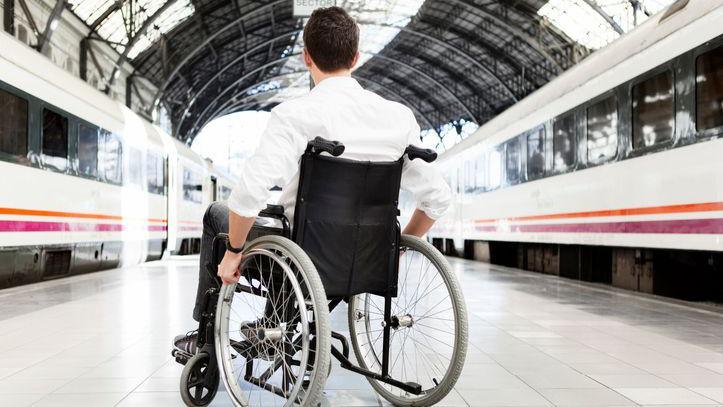Disability blogger to be 'critical friend' to rail operator
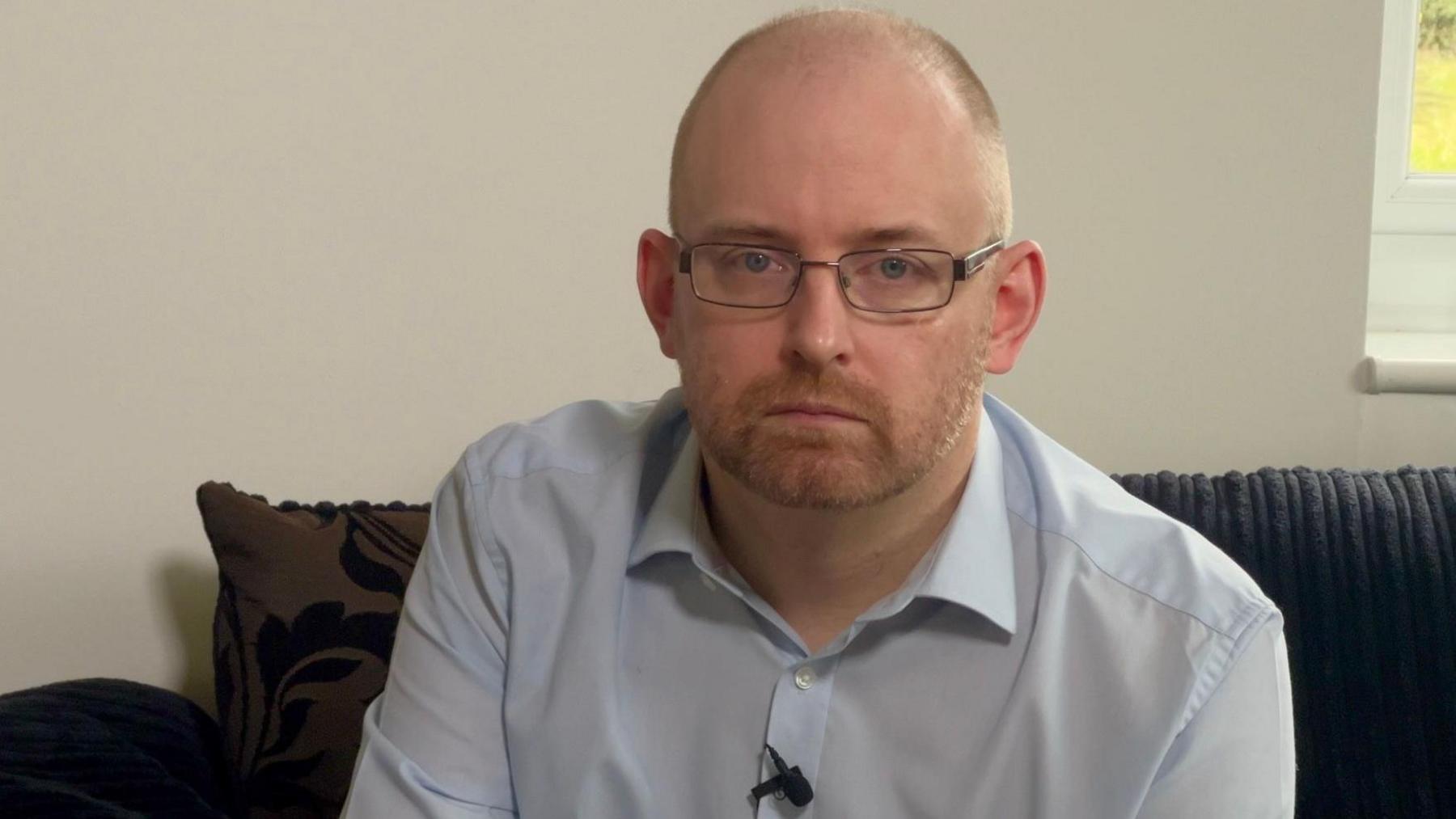
Chris Whitaker hopes working with LNER will "improve the situation for every customer who wants to use the railway"
- Published
A disability blogger will be "a critical friend" to a train company after it invited him to help train its staff following an "anxiety-provoking" journey home.
Chris Whitaker's one-hour journey from London King's Cross to Cambridge ended up taking him four hours on 1 September after services were unexpectedly cancelled.
The 41-year-old from Haddenham, near Ely, Cambridgeshire, was advised to go to St Pancras but told he would have to walk as no wheelchair was available - he then had further issues there and at Farringdon.
LNER, which provides passenger assistance at King's Cross, has since met him and asked him to help it better support travellers with disabilities, even though his journey had not involved its trains. Network Rail said "the industry has much more to do".
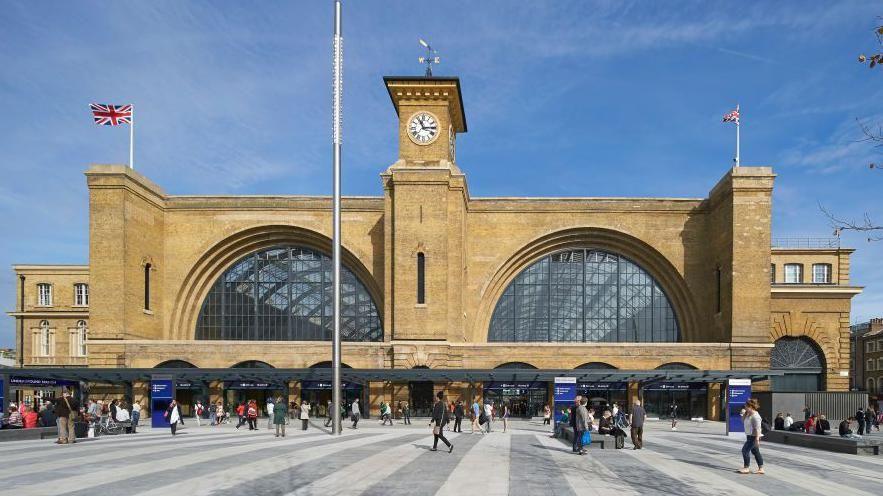
The company asked him to contact them after he described how a one-hour journey home took four hours, involving three stations (including King's Cross, pictured) and a taxi
An LNER spokesperson said: "While the customer was not travelling on an LNER service, we are committed to providing all of our customers with exceptional service as they travel.
"We always strive to learn, and we continue to explore potential opportunities to work collaboratively to further improve customer experience."
The long journey for Mr Whitaker, who has cerebral palsy and uses a stick, began after many trains were cancelled due to a broken rail.
After speaking with staff at King's Cross, he made his way to St Pancras, which is managed by Network Rail, external.
Staff there told him he would have to use escalators to get to the platform which he said his mobility did not allow.
He was then advised to go to Farringdon where he said staff did not meet him with a wheelchair.
"I knew at that point I didn’t have the physical energy to complete the original journey," Mr Whitaker said.
"This experience was very disorientating, very disabling, very anxiety-provoking."
A member of Farringdon's assistance team called Priscilla emerged as "the heroine" of his journey.
She brought him water and organised a taxi to take him to his home station, Cambridge North.
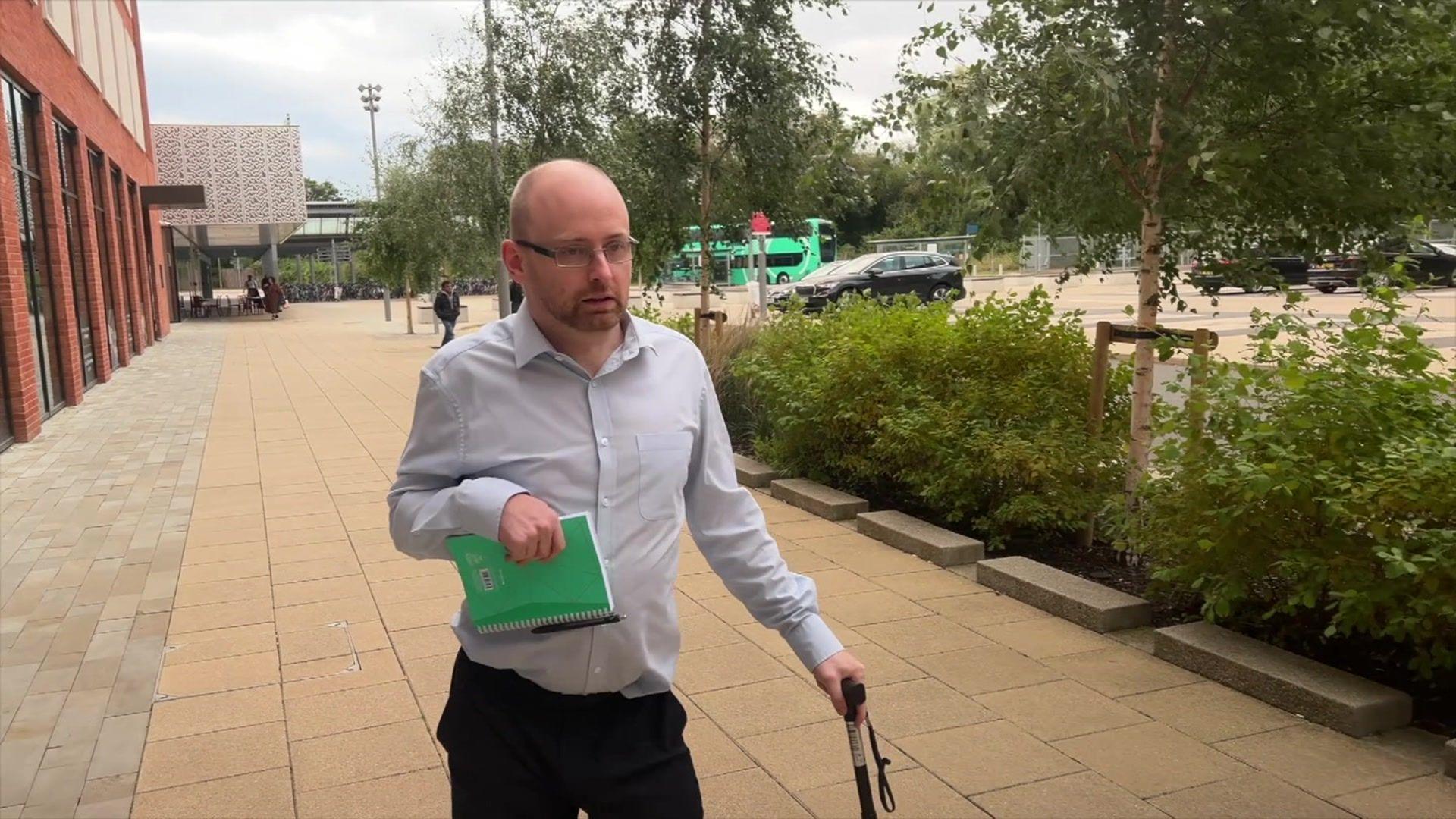
Chris Whitaker says he has cut back on train travel due to the planning needed
Following the meeting with LNER on 10 September, Mr Whitaker said: "There is definitely a commitment to improve, definitely a recognition that things went wrong and a commitment to work together, which is really positive.
"Part of working together is being a critical friend and to emphasise the positives as well as areas for improvement," said the public sector worker.
"We'll take some tangible steps to move things forward and to make sure, hopefully, journeys like mine won't happen again."
Mr Whitaker said the level of planning needed for train journeys was the reason he had cut back on 80% of his rail travel.
"We can either use all our energy trying to get a simple journey done from A to B, or we can spend the energy trying to make a more constructive tangible difference.
"Now, I know what I’d rather be doing, and it isn’t tweeting about train accessibility."
A spokesman for Network Rail said: "While well over 90% of passenger assistance requests made last year were completed to the letter, we strive to do better and recognise the anxiety and distress caused when people are left without help.
"It’s not good enough. We’re determined to work with all train operators to improve this vital area of our work so that everyone can have confidence in being able to use the railway."
A spokesperson for the Rail Delivery Group, a membership organisation working on behalf of the rail industry, said: “We know the service isn’t perfect every time but we are committed to creating an inclusive and accessible railway for disabled passengers.
"Our focus is on continuing to improve the services available to customers to request assistance and help them to travel when and how they prefer."
Get in touch
Do you have a story suggestion for Cambridgeshire?
Follow Cambridgeshire news on BBC Sounds, Facebook, external, Instagram, external and X, external.
Related topics
- Published5 September 2024
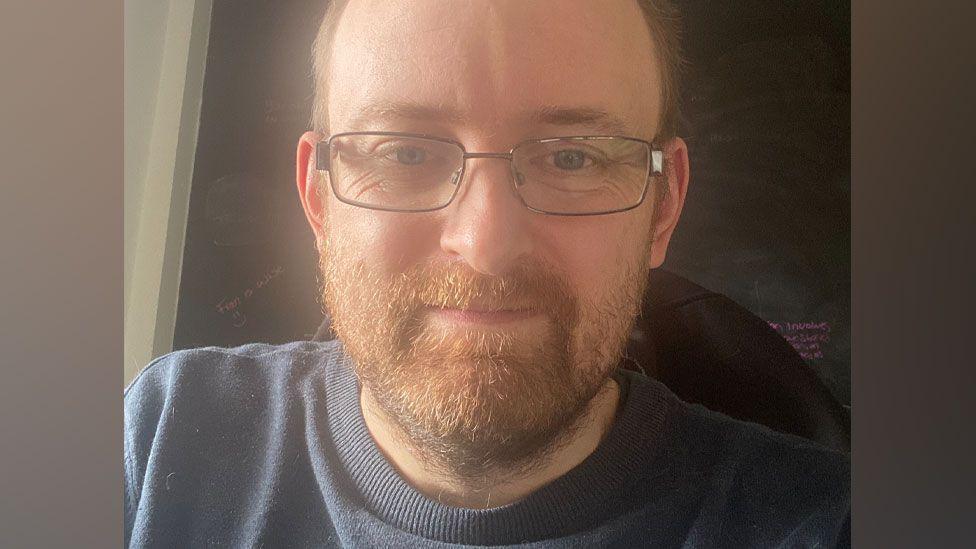
- Published31 August 2024
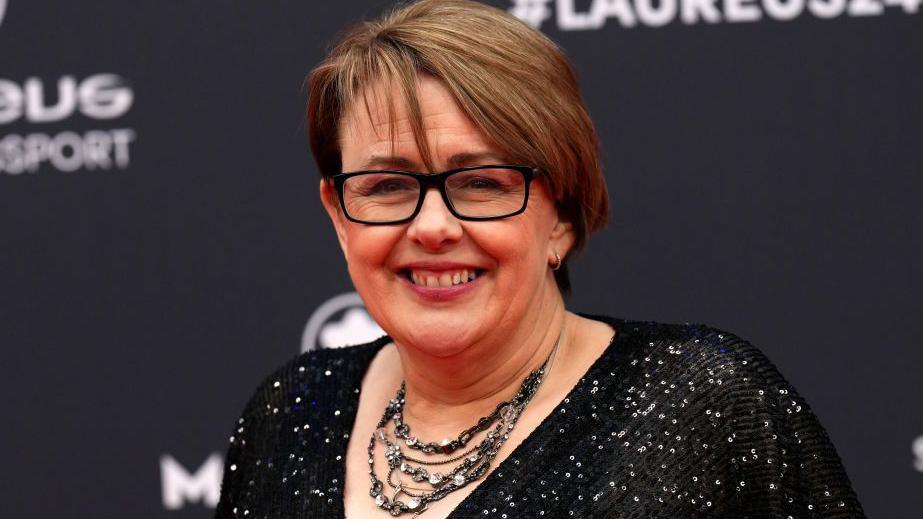
- Published31 August 2024
